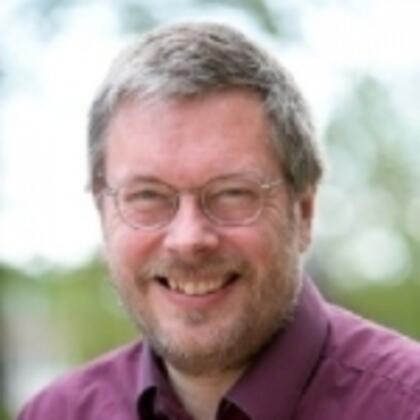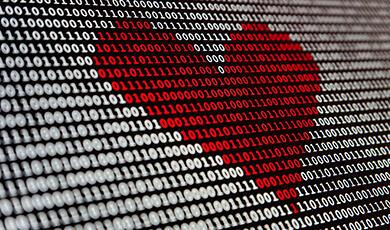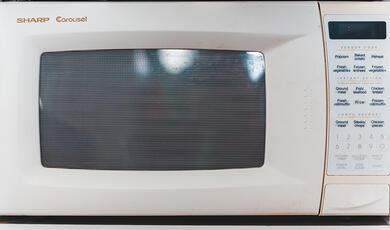Modern Crytography
Share
- Details
- Text
- Audio
- Downloads
- Extra Reading
Computers need not just automate what is already being done, but can do completely new things. In the 1970s a new form of cryptography was invented, which is usually presented as an esoteric application of number theory. This new cryptography is asymmetric, meaning that the coding and decoding methods are different. In fact, the basic ideas are easily explained using geometric arguments, and the amazing new applications of asymmetric methods - such as digital cash - become easy to understand.
Download Text
This event was on Thu, 28 Feb 2002
Support Gresham
Gresham College has offered an outstanding education to the public free of charge for over 400 years. Today, Gresham College plays an important role in fostering a love of learning and a greater understanding of ourselves and the world around us. Your donation will help to widen our reach and to broaden our audience, allowing more people to benefit from a high-quality education from some of the brightest minds.


 Login
Login







